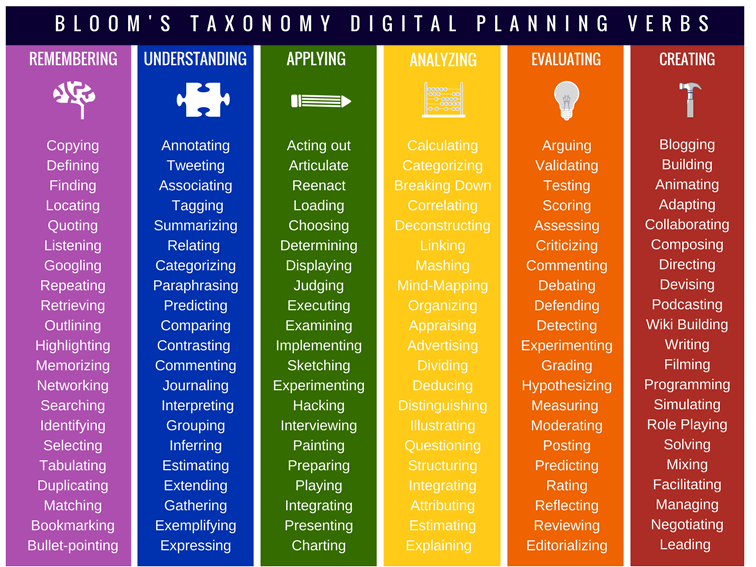Open book, like all summative assessment, should focus on the interpretation and application of knowledge, comprehension skills and critical thinking rather than knowledge recall. There are many definitions and interpretations of “open book” as an assessment method, and even more so when open book-style assessments are facilitated online over digital platforms. You might call them “take home exams” or “24-hour assessments”, but regardless of what you call them, the concept is the same: students have access to key texts, reference materials, notes, revision aids, and the vast resources of the internet at their disposal while answering questions (no matter the time restrictions set for the assessment). This has obvious implications on the integrity and design of effective questions for such an assessment and requires the promotion of deeper critical reflection or analytical student responses as opposed to surface-level application of knowledge or basic recall.
Top 3 Considerations
for Online Open Book Assessments
ADAPTATION
Existing exam questions designed for more traditional face-to-face exam hall scenarios may need to be edited, adapted or refined where possible, taking into account students’ access to various resources or how you might need to target higher order thinking skills (see Bloom’s Taxonomy image below). Not only does this provide opportunity for a more authentic assessment but also helps to mitigate risks associated with collusion or plagiarism.
RATIONALE
Students should be given a clear rationale for the online open book exam and be informed of any updates to rubrics or assessment criteria based on any changes made to exam questions as well as exemplars, where possible. Past papers can be a useful guide to question styles, format and the mark allocation and can be used to practice question types.
INSTRUCTIONS
Similarly, clear and unambiguous instructions should be provided to students on the completion and submission of the online open book assessment, along with details around expectations for online conduct/behaviour. Students should also be informed of key contact details in case of access problems or any other technical issues experienced during the assessment to reduce any potential anxiety or stress.

